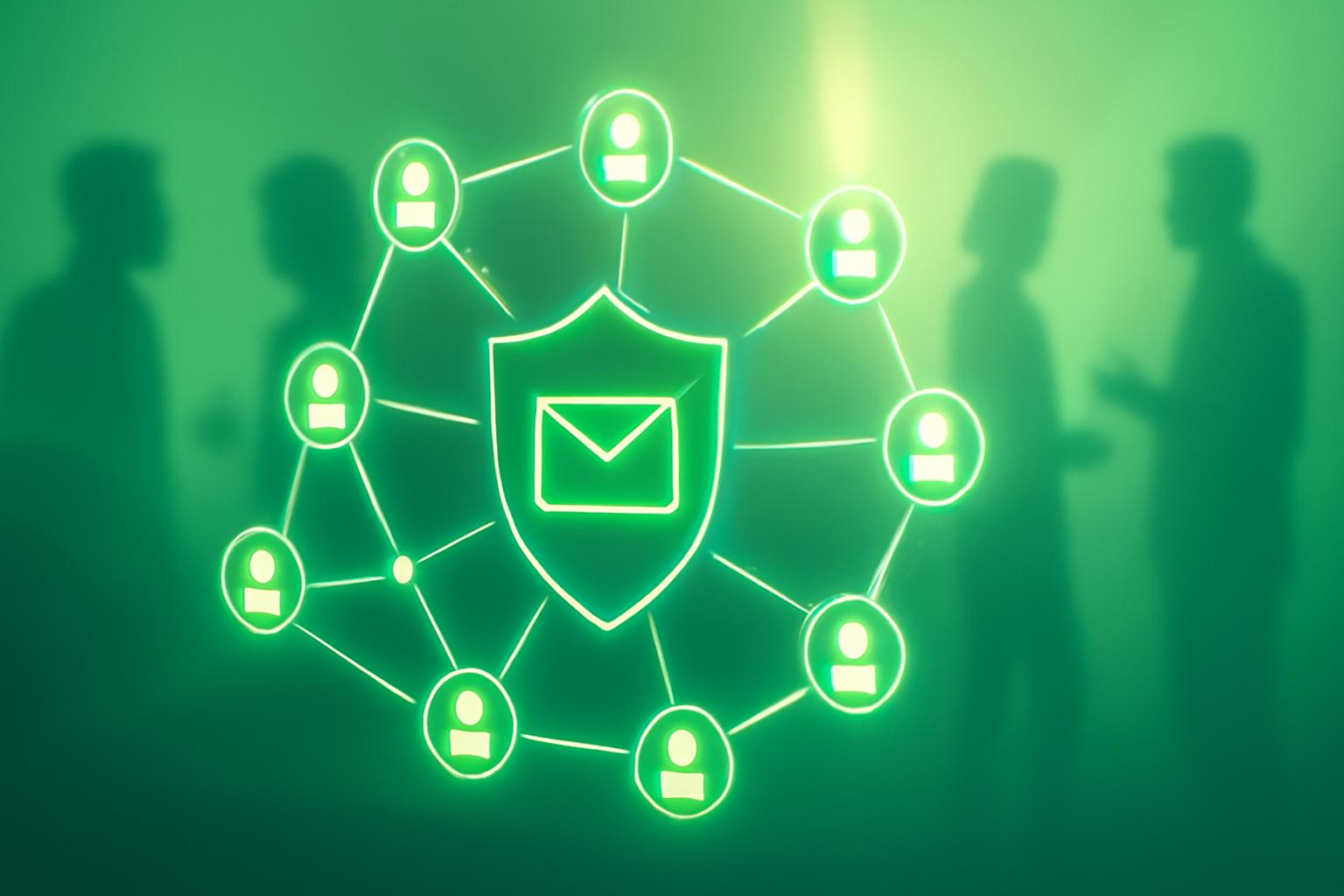Former Google Security Executives Launch AegisAI to Preempt Email-Based Cyberattacks
In response to the escalating threat of AI-powered phishing and email attacks, former Google security leaders have introduced AegisAI, a startup focused on autonomous email threat detection. The company has secured $13 million in seed funding from Accel and Foundation Capital to develop AI-driven solutions that intercept malicious emails before they reach users.
Addressing the Rising Sophistication of Email Threats
Email remains the primary vector for cyberattacks, with the U.S. Cybersecurity and Infrastructure Security Agency (CISA) reporting that over 90% of successful breaches start with phishing emails. Supporting this, a 2024 CrowdStrike study found that phishing emails generated by large language models (LLMs) had a click-through rate of 54%, significantly higher than the 12% rate for human-crafted messages.
AegisAI aims to counteract this trend by deploying a network of autonomous AI agents that analyze and neutralize threats in real time. Unlike conventional email security platforms that rely on static rules and extensive user training, AegisAI’s system uses AI models customized to identify various threat types without predefined rulesets.
Founders’ Expertise Shapes Innovative Approach
Co-founded by Cy Khormaee and Ryan Luo—veterans of Google’s Safe Browsing and reCAPTCHA teams—AegisAI leverages deep domain expertise in email security. Khormaee, who led Google’s security product management until July 2023, emphasized the persistent risk posed by malicious email attachments, stating, “The sum of all evil is a PDF attachment in an email. That’s always where all the attacks started, and so I really wanted to solve this problem.”
The company’s AI agents function collaboratively: an orchestrating agent detects potential threats and coordinates with specialized “buddy” agents, each fine-tuned for specific attack vectors. These agents inspect all email elements, including links, attachments, metadata, and behavioral patterns, to deliver a comprehensive threat assessment.
Adaptive AI to Stay Ahead of Evolving Threats
AegisAI has developed over 10 specialized agents so far, with plans to expand to 50 to 100 as cyber adversaries adapt their tactics. Khormaee acknowledged that attackers will likely attempt to circumvent these defenses within the next two years, necessitating continuous innovation.
This AI-driven methodology also significantly reduces false positives—by up to 90% compared to traditional solutions—improving the accuracy and usability of the platform.
Seamless Integration and Early Adoption
The platform integrates with Google Workspace and Microsoft 365 via API, requiring less than five minutes to install. After initial deployment, AegisAI operates in read-only mode for a week before activating quarantine protocols, allowing customers to review system findings, including false positives and negatives.
Currently headquartered in San Francisco and New York, AegisAI is conducting pilot programs with several U.S. and European clients, including data privacy compliance firm Lokker and crypto payment platform Mesh Connect. The startup employs six team members and plans to scale its technical and commercial capabilities with the latest funding round.
Looking Ahead
With cyber threats growing in complexity and volume, AegisAI’s autonomous, multi-agent AI approach represents a significant shift in email security. The startup aims to maintain a dynamic defense posture against evolving adversaries while simplifying deployment and reducing false alarms for enterprises.
FinOracleAI — Market View
AegisAI’s innovative use of autonomous AI agents to preemptively neutralize email threats addresses a critical vulnerability in enterprise cybersecurity. The $13 million seed funding from reputable venture firms underscores investor confidence in the startup’s potential to disrupt traditional email security paradigms. Key risks include the rapid evolution of adversarial tactics that may challenge AI defenses, requiring continuous model updates. Market adoption will hinge on the platform’s ability to demonstrate superior accuracy and ease of integration across diverse email environments.
Impact: positive













